The AI Summer School presents a distinguished lineup of speakers who bridge the gap between academic research and industry innovation. Our carefully selected experts combine theoretical expertise with practical insights, offering participants a comprehensive understanding of AI's current landscape and future directions.
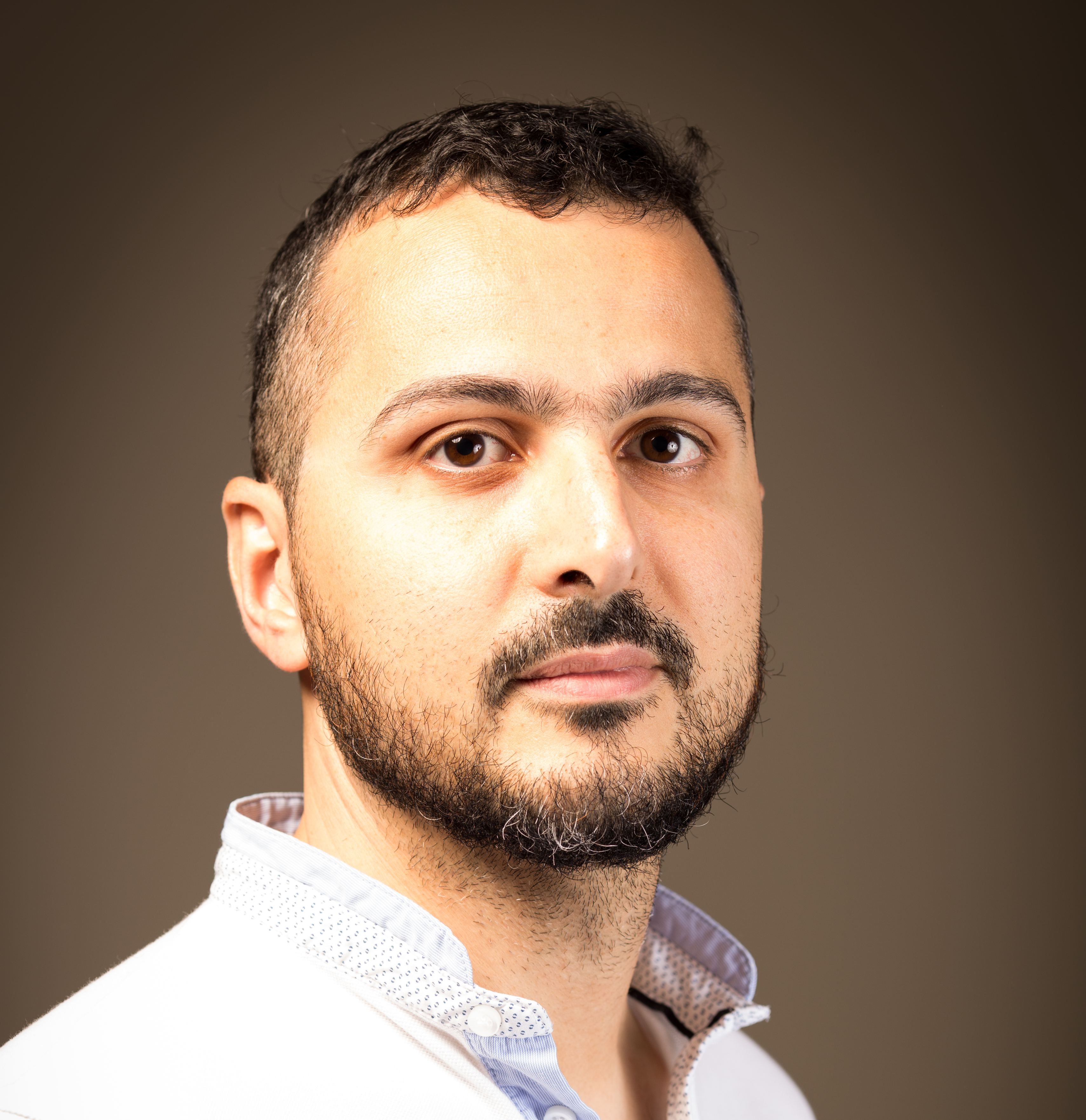
Amin Mantrach
 Amazon
Amazon

Amin Mantrach is an Applied Science Manager at Amazon, leading a team that develops Generative AI solutions across multiple languages, with a focus on evaluation techniques and responsible AI. His team notably expanded AI-generated customer review summaries to non-English Amazon stores. He previously worked as a research scientist at Xerox Research Center, Yahoo Labs, and Criteo AI Lab. With over 15 years of experience, he holds a PhD in Machine Learning and has published in top venues like CVPR, KDD, and TPAMI.
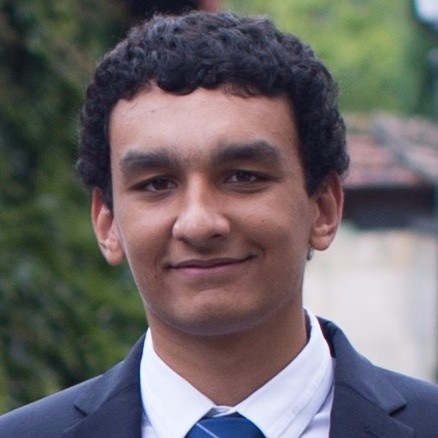
Emery Pierson
 LIX, Ecole Polytechnique
LIX, Ecole Polytechnique

I am currently a postdoctoral researcher at the LIX laboratory at École Polytechnique. I work with Prof. Maks Ovsjanikov on generative modeling for non-rigid deformable shapes. I completed my PhD at Université de Lille, supervised by Prof. Mohamed Daoudi and Prof. Juan Carlos Alvarez Paiva. In my thesis, I studied geometric representations—particularly tools from Riemannian shape analysis—for the comparison and deformation of human shapes. My research interests lie in shape analysis, geometric deep learning, and more generally, computer vision and machine learning. Prior to my PhD, I graduated from CentraleSupélec Paris and ENS Paris-Saclay (M2 MVA: Mathématiques, Vision, Apprentissage).
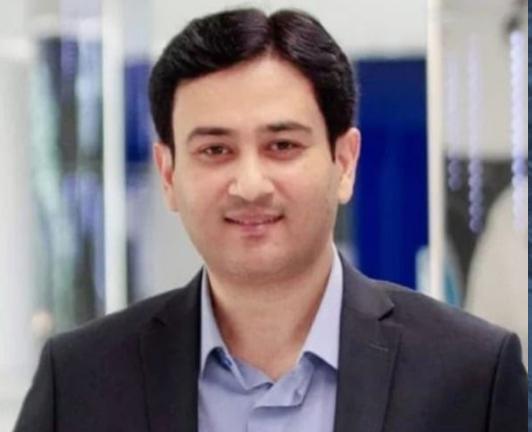
Dr. Fahad Shahbaz Khan
 MBZUAI
MBZUAI

Fahad Khan is currently a Full Professor and Deputy Department Chair of Computer Vision at the MBZUAI, Abu Dhabi, United Arab Emirates. He also holds a faculty position (Universitetslektor + Docent) at Computer Vision Laboratory, Linköping University, Sweden. He received the M.Sc. degree in Intelligent Systems Design from Chalmers University of Technology, Sweden and a Ph.D. degree in Computer Vision from Computer Vision Center Barcelona and Autonomous University of Barcelona, Spain. He has published over 150 reviewed conference papers, journal articles, and book contributions, with over 60,000 citations according to Google Scholar. His research interests include a wide range of topics within computer vision and machine learning. He serves as a regular senior program committee member for leading conferences such as, CVPR, ICCV, ECCV, and is an Associate Editor of leading journals such as, IEEE TPAMI and CVIU.
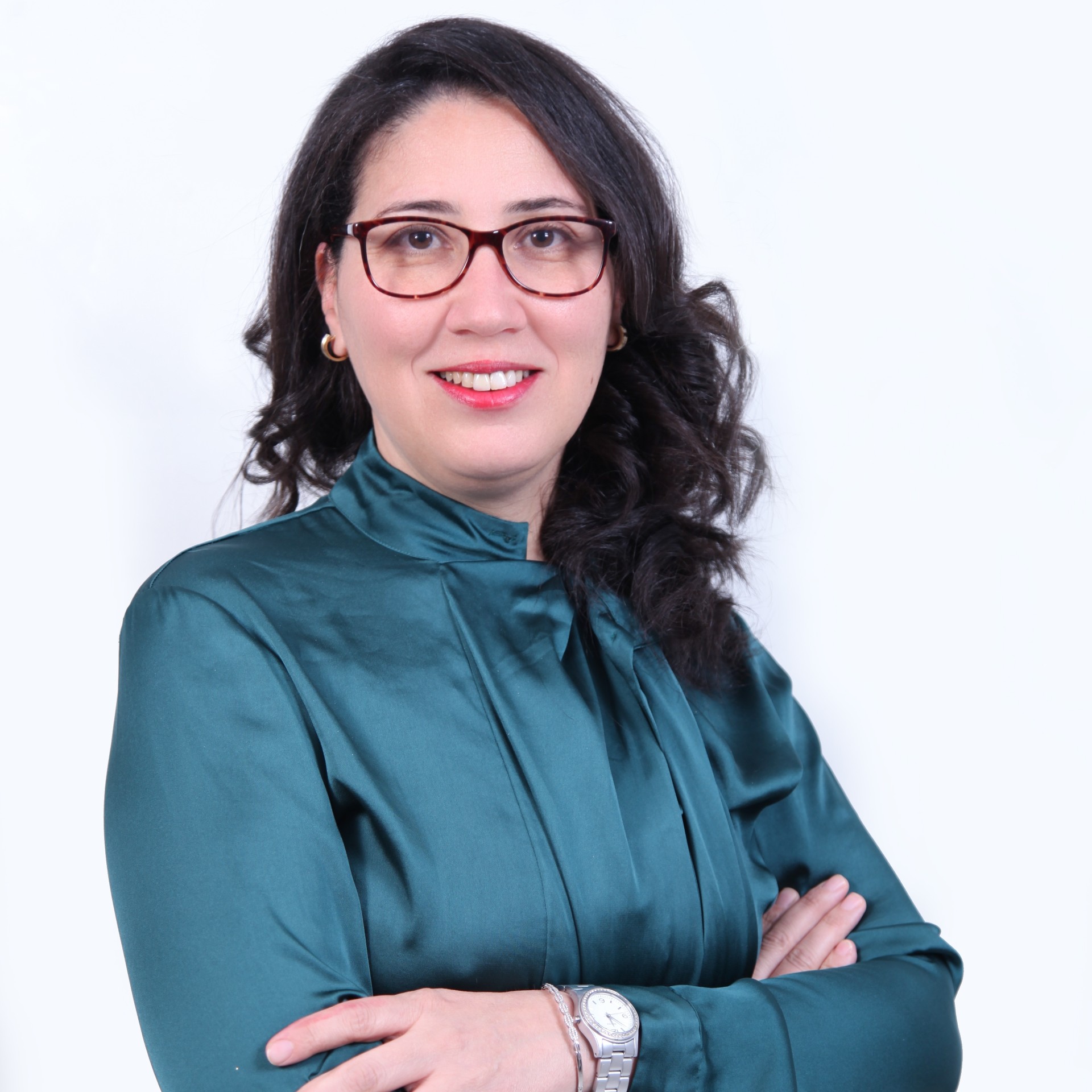
Dr. Houda Chakiri
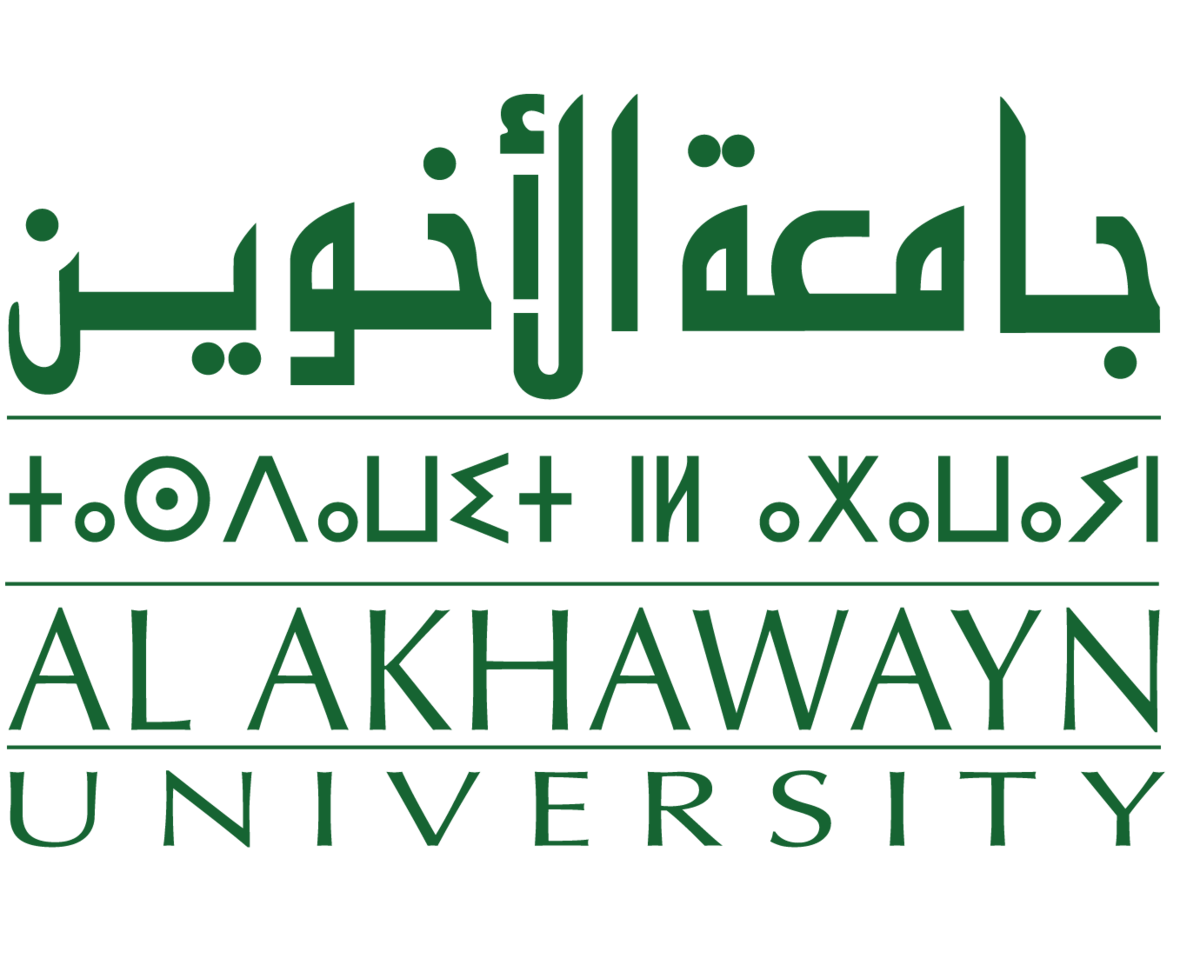 Al Akhawayn University
Al Akhawayn University

Dr. Houda Chakiri is currently an Assistant Professor of Computer Science and leads the MS CS-Based Programs and the Digital Innovation Lab (Upanzi Network) at the School of Science and Engineering of Al Akhawayn University. She founded and has been the CEO of Enhanced Technologies since 2005, an IT company specializing in e-Government solutions for over 37 Moroccan municipalities and provinces. She has received several recognitions including being selected among the top ten finalists of the Sawaed contest (UAE 2009), named among the 100 best social entrepreneurs in GK3 (Malaysia 2007), selected in the TechWomen program (USA 2012), and received the WSTEM award (2015) by Meera Kaul Foundation. Her leadership roles include being a board member of AfChix, chair of the IEEE Women in Engineering affinity group in Morocco, and Ethics and Governance Lead of Women in AI Morocco chapter. She actively advocates for diversity and women empowerment in STEM fields. She holds a PhD in Computer Science from Sidi Mohamed Ben Abdellah University in Fez, Morocco (June 2020), Master of Science in Computer Networks from Al Akhawayn University in Ifrane, Morocco (July 2003), Master of Science in Atomic Physics from Hassan II University in Casablanca, Morocco (September 1999), and Bachelor in Physics from Mohammed V University in Rabat, Morocco (June 1997). She has over 15 years of experience overseeing digital transformation projects and managing the impact of ICT at organizational, political, and social levels in local public administrations in Morocco.
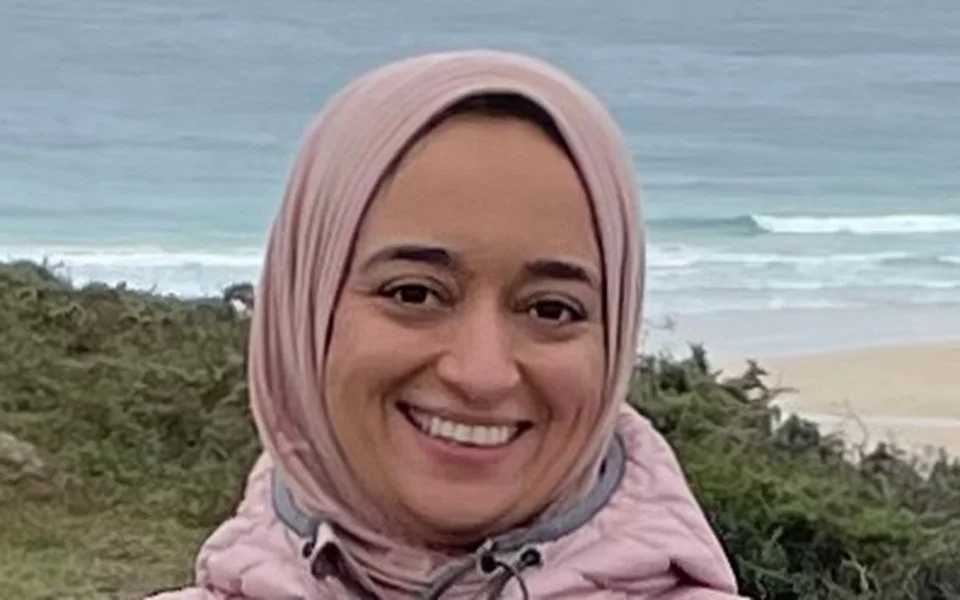
Dr. Jihad Zahir
 Faculty of Sciences Semlalia, Cadi Ayyad University
Faculty of Sciences Semlalia, Cadi Ayyad University

Dr. Jihad Zahir is an Associate Professor (HDR) in the Department of Computer Science at the Faculty of Sciences Semlalia, Cadi Ayyad University, Morocco and currently serves as an adjunct director of the Unit for Mathematical and Computer Modeling of Complex Systems (UMMISCO) at the French Research Institute for Development (IRD). Dr. Zahir has published in the area of Artificial Intelligence (AI). With the support of donors including Data2X (UNF), AFD and IRD, she has coordinated several projects sharing the common objective of generating AI-driven actionable insights for critical environmental and societal durability challenges. Dr. Zahir currently supervises the theses of five PhD students and actively contributes to UCA's Data Science Master's program. Prior to her academic career, Dr. Zahir gained valuable experience working for two years as a consultant with the Moroccan office of the United Nations Population Fund (UNFPA).
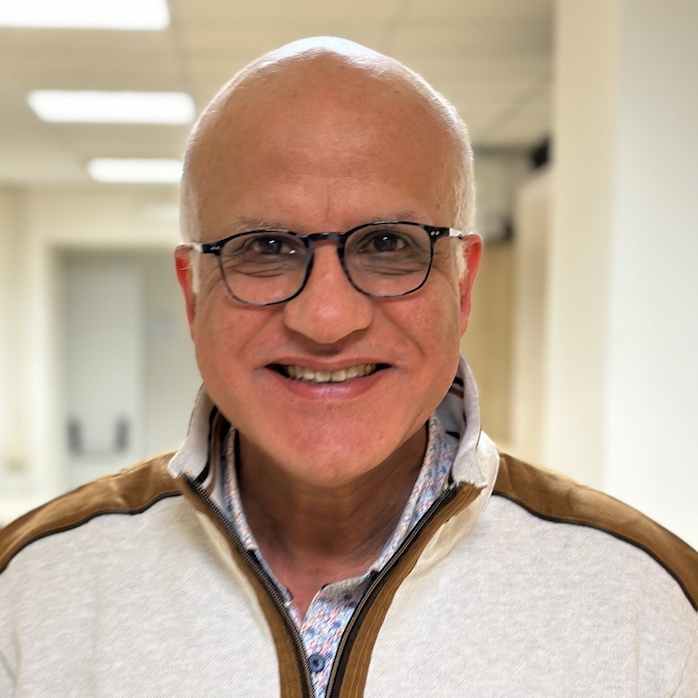
Prof. Mohamed Daoudi
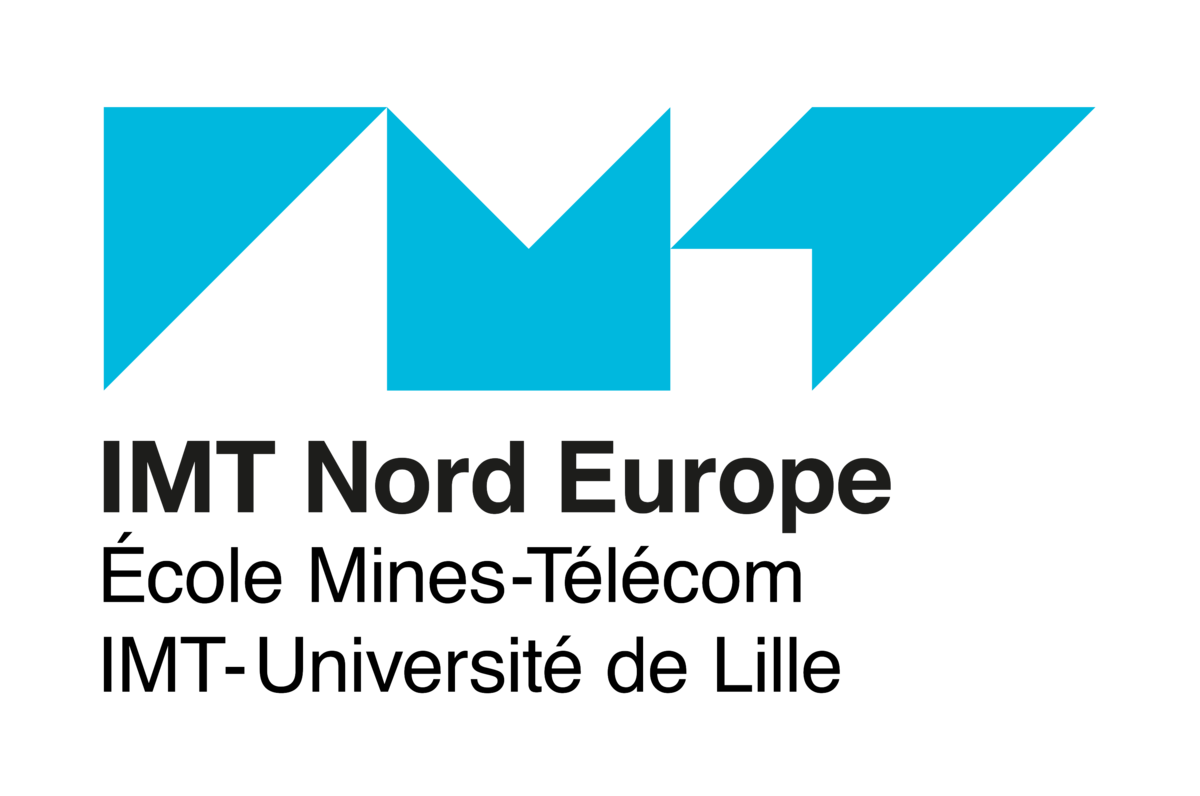 IMT Nord Europe
IMT Nord Europe

Mohamed DAOUDI is a Full Professor of Computer Science at IMT Nord Europe and the Head of Image group at CRIStAL Laboratory (UMR CNRS 9189). His research interests include computer vision and machine learning for human behavior understanding. He has published over 150 papers in some of the most distinguished scientific journals and international conferences. He is/was Associate Editor of Image and Vision Computing, IEEE Transactions on Multimedia, IEEE Trans. on Affective Computing and Computer Vision and Image Understanding, Computers & Graphics. He has served as General Chair of IEEE International Conference on Automatic Face and Gesture Recognition IEEE FG 2019 and 2025. He is an IAPR Fellow, a IEEE senior member, an ACM member, and a member of ELLIS.
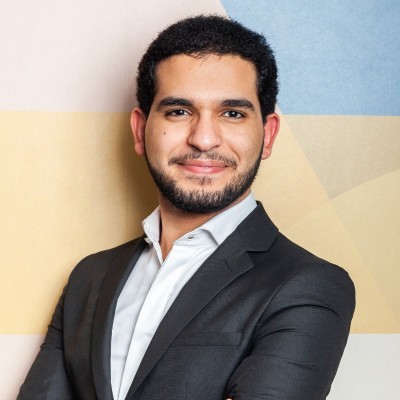
Nouamane Tazi
 Hugging Face
Hugging Face

Nouamane Tazi is a Moroccan machine learning engineer and researcher at Hugging Face, specializing in AI, deep learning, and large language models. He holds a Master's in Artificial Intelligence from Université Paris-Saclay and has contributed to major open-source projects like StarCoder, SmoLLM and The UltraScale Playbook. Nouamane is also a core developer of the Nanotron library, a minimalistic and scalable tool for pretraining large language models with advanced 5D parallelism and transparent design.

Stefano Berretti
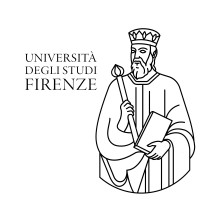 Department of Information Engineering, University of Firenze
Department of Information Engineering, University of Firenze

Stefano Berretti is an Associate Professor at the Media Integration and Communication Center (MICC), Dept. of Information Engineering, University of Florence, Italy. He has been visiting professor at the University of Lille, France, and at the University of Alberta, Canada. His main research interests are related to content based image retrieval, 3D human behavior understanding from face and body, face biometrics, 3D object recognition, 3D/4D face modeling and generation. On these topic he has published more than 270 scientific papers. He organized workshops on "Learning with few or without annotated face, body and gesture data" (LFA at WACV 2023, IEEE FG 2024 and 2025), "Generation of Human Face and Body Behavior" (GHB at WACV 2021, ICIAP 2023 and 2025). He has been a general chair of The Eurographics Symposium on 3D Object Retrieval (3DOR) 2022, and of the Conference on Smart Tools and Applications in Graphics 2021, has served as an area chair for ACM Multimedia (2020, 2021, 2022, 2023, 2024, 2025), IEEE Automated Face and Gesture Recognition (2019, 2020, 2025), and as program chair for the International Conference on Smart Multimedia (2022, 2024). He organized special issues on the Computers & Graphics journal, ACM TOMM, IEEE TII, IEEE TCE, IEEE JBHI, and ACM TALLIP. He is the Deputy Editor in Chief and Associate Editor in Chief for Digital Communications of the IEEE Trans. on Circuits and Systems for Video Technology (IEEE TCSVT), and an Associate Editor of the ACM Trans. of Multimedia Computing, Communications, and Applications (ACM TOMM), and of the IET Computer Vision journal. He was also the Information Director of ACM TOMM. He is a Senior member of IEEE.
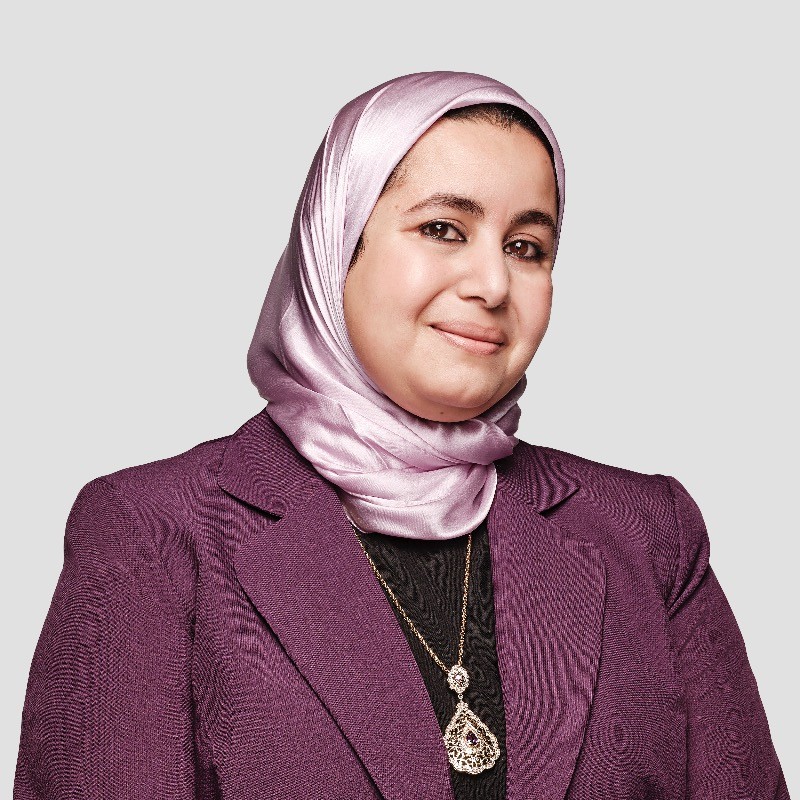
Dr. Kaoutar El Maghraoui
 IBM T.J. Watson Research Center
IBM T.J. Watson Research Center

Dr. Kaoutar El Maghraoui is a Principal Research Scientist and Manager at IBM T.J. Watson Research Center. She leads a cross-functional team focused on AI model enablement and hardware-software co-design for IBM's next-generation Spyre AI accelerator. Her research is at the intersection of AI and systems, focusing on scalable and efficient AI infrastructure. She also serves as Principal Investigator of the AI Hardware Center testbed, supporting the development and adoption of cutting-edge digital and analog AI accelerators. She is an adjunct faculty member in computer science at Columbia University, New York. She has received several prestigious honors, including the Robert McNaughton Award for best computer science thesis at RPI, the Best of IBM Award, the IBM Technical Corporate Award, and the IEEE Women in Service Computing Award. She is an ACM Distinguished Member, ACM Distinguished Speaker, and a Senior Member of IEEE.
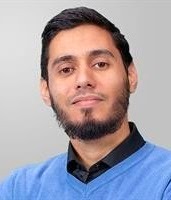
Prof. Omar Souissi
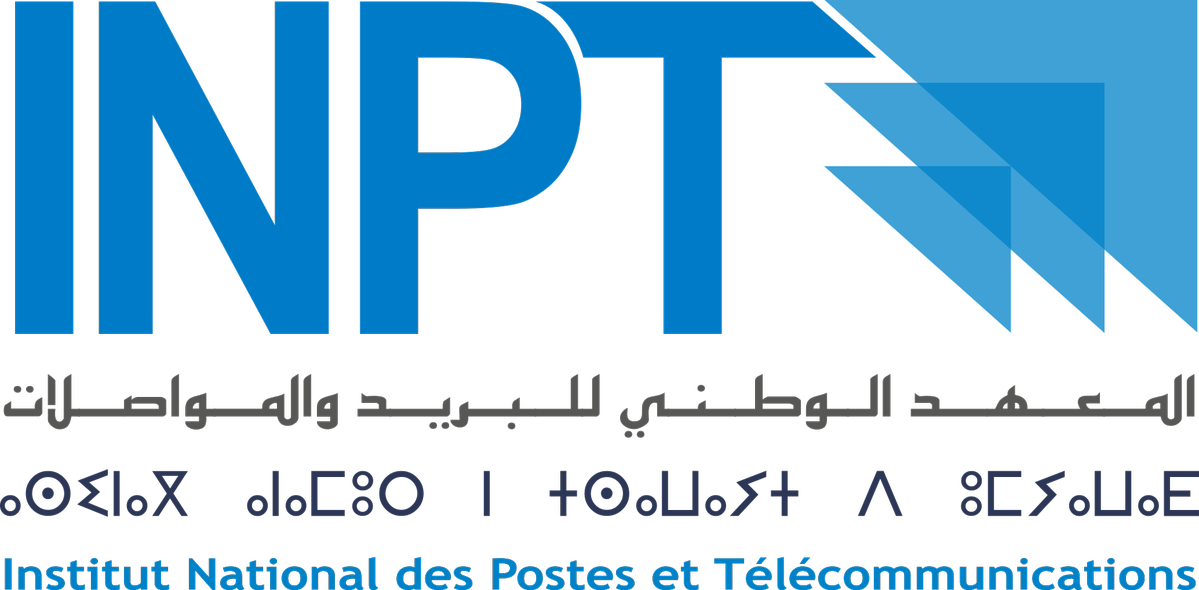 INPT, Rabat
INPT, Rabat

Omar Souissi is an engineer of Supmeca PARIS and Polytechnic of Montréal in applied mathematics and Ph.D. doctorate in Operations research of University Polytechnic Haut de France. He is currently a qualified professor at the National Institute of Posts and Telecommunications (INPT) Rabat and member of 'DATA' research team. His research field extend to the following areas: optimisation and machine learning applied for Industry, Healthcare and sharing economy. He is also engaged on scientific event organisation and he is the founder of 'IWSIF' the International Workshop of Services and Industry of the Future.
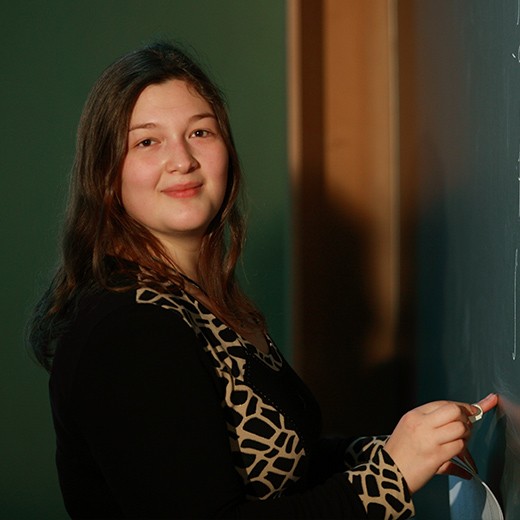
Dr. Tatiana Likhomanenko
 Apple
Apple

Tatiana is a research scientist at the Machine Learning Research team, Apple. Before joining Apple, she was a postdoctoral research scientist in the speech recognition team at Facebook AI Research. She holds a Ph.D. in mixed type partial differential equations from Moscow State University. For several years, she worked on applications of machine learning to high energy physics at CERN before transitioning to deep learning. Her recent research primarily focuses on speech recognition and generation, private federated learning, and general machine learning problems, including optimization, scaling laws, and efficient architectures. More details about her work can be found on her GitHub profile.
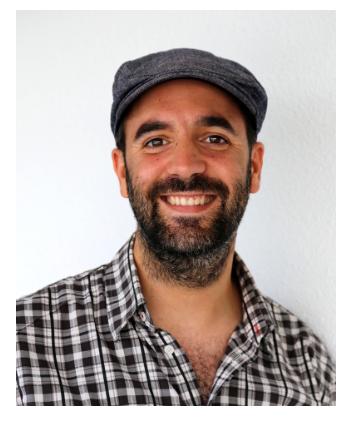
Dr. Xavier Alameda-Pineda
 INRIA
INRIA

Xavier Alameda-Pineda holds the position of Research Director at Inria and is the Leader of the RobotLearn Team. He obtained the M.Sc. (equivalent) in Mathematics in 2008, Telecommunications in 2009 from BarcelonaTech, and Computer Science in 2010 from Univ. Grenoble-Alpes (UGA). He then worked towards his Ph.D. in Mathematics and Computer Science, and obtained it in 2013, from UGA. After a two-year post-doc period at the Multimodal Human Understanding Group, at the University of Trento, he was appointed Research Scientist at Inria until 2024. Xavier is an active member of SIGMM, an IEEE Senior Member, and an ELLIS Fellow. He was the Coordinator of the terminated H2020 Project SPRING: Socially Pertinent Robots in Gerontological Healthcare and co-lead the "Audio-visual machine perception and interaction for companion robots" chair of the Multidisciplinary Institute of Artificial Intelligence. Xavier's research interests are at the crossroads of machine learning, computer vision, and audio processing for scene and behavior analysis and human-robot interaction.
